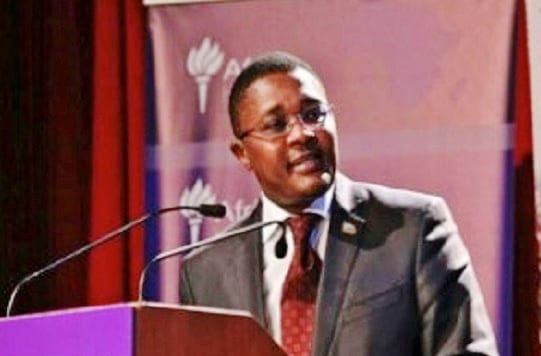Sharm El Sheikh, Egypt – Israel must make up its mind that it really wants peace with the Palestinians, and only a resolution of their conflict can bring stability to the troubled region, senior government ministers from Egypt and Jordan told the World Economic Forum on the Middle East on Monday.
Egyptian Minister of Foreign Affairs Ahmed Aboul Gheit and Jordanian Prime Minister Nader Al Dahabi took part in a discussion on “Fresh Strategies for Stability” in the Middle East.
“The decision is in Israel’s hands,” said Aboul Gheit. “Did they make up their minds that they need to make peace?” Al Dahabi agreed that the “most important factor for instability is the Palestinian-Israeli conflict.”
The Israeli-Palestinian issue dominated much of the debate, in which the two ministers were joined by Turkey’s Foreign Minister Ali Babacan, US Congressman Brian Baird, Mohamed M. ElBaradei, Director-General, International Atomic Energy Agency (IAEA), and Alexander Saltanov, Special Envoy of the Russian Foreign Minister for the Middle East and Deputy Minister of Foreign Affairs of the Russian Federation.
While the US should do more to encourage Israel to seek peace, other countries must also bring pressure to bear on Palestinian militants to stop launching rockets into Israeli territory, Baird said. “Israel has a right to live in peace,” he stressed.
Panelists also examined the situation in Iraq, the need for social and economic reform across the region, and the controversy over Iran’s nuclear policy and how to deal with Tehran. The US accuses Iran of seeking to develop nuclear weapons, but Tehran says that its nuclear program is only aimed at producing electricity.
Panelists rejected the approach of the US administration of President George W. Bush, which has sought to isolate Iran diplomatically, and called for dialogue with the government there. “It is a problem that needs to be resolved by diplomatic means,” said Babacan.
ElBaradei said that his agency has no evidence that Iran is seeking to develop a bomb, but he added that the problem is one of trust. “The question is whether we trust Iran’s intentions.”
The other main threats to stability in the region are economic backwardness and poverty, the panelists said.
“It is no secret that many countries in the region need to reform,” said Babacan. “We have a lack of education, income disparity, poverty – all of which are breeding grounds for terrorism.”
More than 1,500 participants, including 12 heads of state/government, ministers, leading business figures, leaders from civil society and the media from over 60 countries took part in the forum’s meeting from May 18 to 20.
چه چیزی را از این مقاله باید حذف کرد:
- Israel must make up its mind that it really wants peace with the Palestinians, and only a resolution of their conflict can bring stability to the troubled region, senior government ministers from Egypt and Jordan told the World Economic Forum on the Middle East on Monday.
- ElBaradei said that his agency has no evidence that Iran is seeking to develop a bomb, but he added that the problem is one of trust.
- Panelists also examined the situation in Iraq, the need for social and economic reform across the region, and the controversy over Iran's nuclear policy and how to deal with Tehran.






















